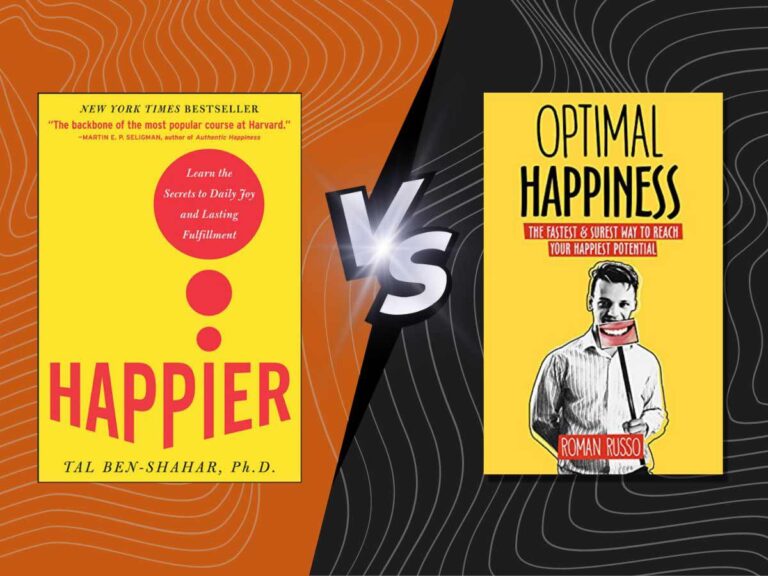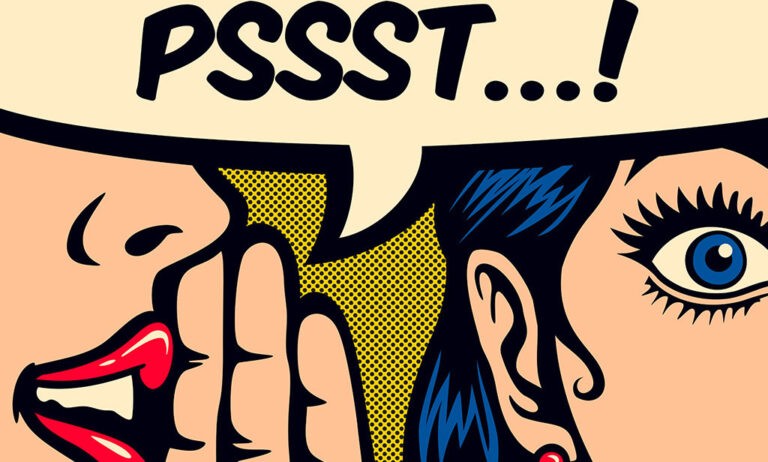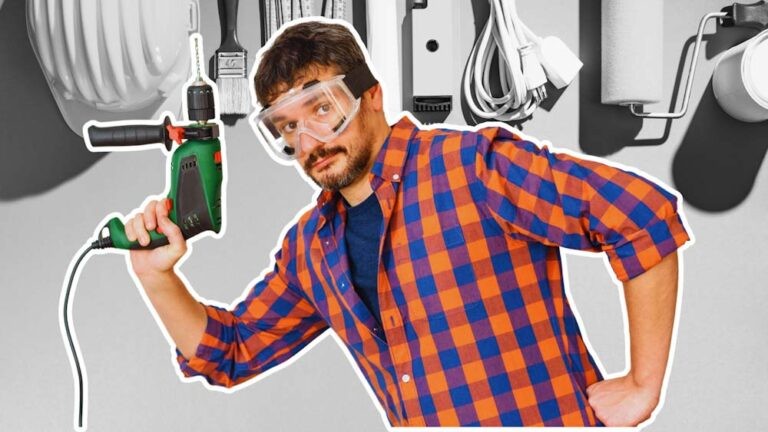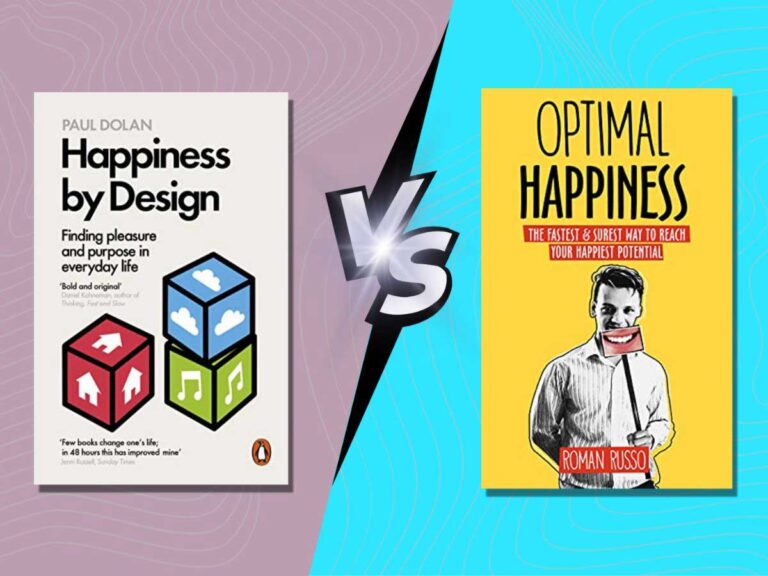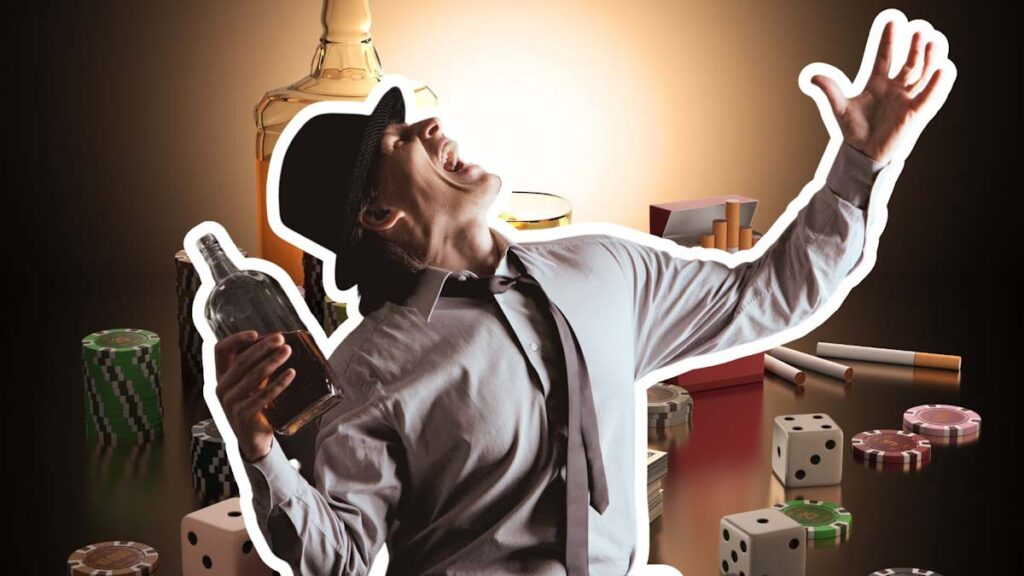
In the book Never Enough, neuroscientist Judith Grisel, who specializes in addictive behavior, admits that “I regret to say that I haven’t solved the problem [of addiction].” This suggests that there may not be a definitive guideline for overcoming addiction, but there are definitely some great tools that can help facilitate the journey towards becoming addiction-free.
One such tool is the concept of going cold turkey, which involves complete abstinence from negative behavior. While this approach can work for some people, it is not effective for most, as it relies on motivation and willpower, which are limited resources. Once willpower is depleted, the addiction often resurfaces.
However, perhaps it is more powerful to avoid the negative behaviors associated with addiction, breaking the vicious cycle and embracing a virtuous cycle that leads to a life free from addiction.
For example, if we have a problem with drinking, we can avoid situations, places, and people that encourage drinking. Additionally, we can avoid other negative behaviors unrelated to our addiction, such as overeating, staying up late, and smoking.
Essentially, by reducing the number of negative behaviors we engage in, we decrease the desire for other negative behaviors, and vice versa. As a result, engaging in positive and healthy behaviors leads to a greater desire for more positive behaviors. For instance, if we exercise regularly, surround ourselves with healthy friends, and maintain good sleeping habits, we are more likely to avoid drinking.
In other words, going cold turkey is only one aspect of making meaningful changes in our lives. Instead, a truly complete transformation requires a complete shift in our mindset and actions.
Additionally, it can be helpful to state affirmations such as “I am not a smoker” or “I do not go to places that encourage smoking.” Similarly, we should identify who we want to be, such as “I go to bed early, I wake up early, eat healthfully, lead an active life, surround myself with positive people, and engage in fulfilling hobbies.”
By embracing a personal ideal and consistently living in alignment with it, we can become free from our addictions. And while this process may take time, introspection, and dedication to reinvent ourselves, it is worth it. Often, people become overly attached to their identities, even if they no longer serve them. However, the reward of this new life is an addiction-free existence filled with happiness.
And while addiction may still exist, it will have fewer reasons to emerge, while there will be numerous reasons to abstain from engaging in addictive behavior.
Ultimately, the process of becoming addiction-free can be facilitated by seeking help from an expert who can provide guidance and support. This is exactly what Optimal Happiness offers, along with a comprehensive formula for becoming the best version of yourself and leading a happy life. So if you want to have a happier life, giving up on negative behavior that makes us unhappy, such as addiction, then I recommend contacting us for a free 30-minute assessment call.
Stay happy and addiction-free!







